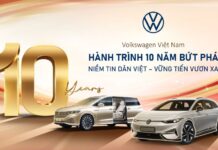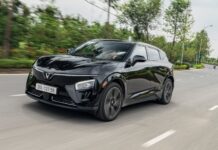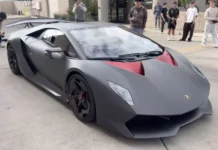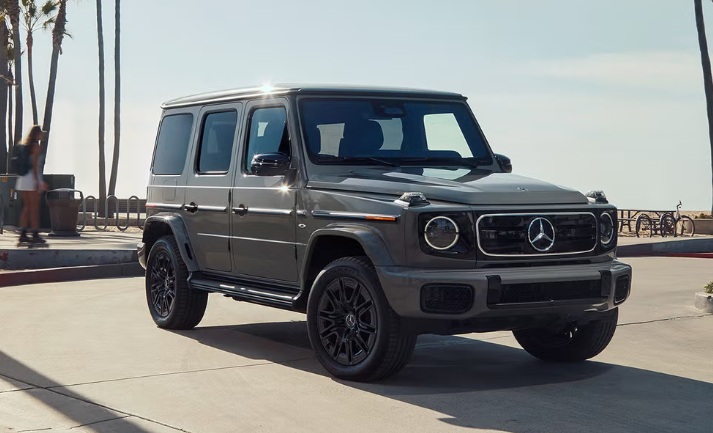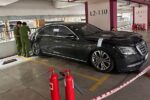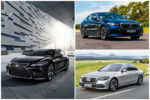In response to claims that the G-Class electric SUV is a commercial failure, Mercedes-Benz has officially spoken out to defend its brand and product.
According to Handelsblatt (Germany), several Mercedes-Benz executives have internally acknowledged that the electric G-Class, with the full commercial name G 580 with EQ Technology, has not met sales expectations. Another individual frankly assessed: “This is a niche model; sales are very low.”
Data collected by Handelsblatt reveals that after almost a year of its official launch, only about 1,450 units of the G 580 EQ have been sold. This pales in comparison to the nearly 9,700 G-Class vehicles sold with gasoline and diesel engines.
Mercedes had high hopes for the G-Class electric, similar to their approach with the new AMG C63 generation powered by a four-cylinder hybrid engine. The company believed that the brand appeal and iconic design of the G-Class would be enough to convince users to switch to electric vehicles.
However, the market reality fell short of expectations. The G 580 EQ is perceived as expensive, impractical, and failing to deliver the original driving experience that G-Class customers expect. The pure electric version in Europe has a payload of only 415 kg, with no towing option, and a vehicle weight of over three tons (3,085 kg in Europe and approximately 3,060 kg in the US), limiting its off-road capability and operational efficiency.
Moreover, the vehicle’s range is also a point of hesitation for customers. According to the WLTP European standard, the G 580 EQ can travel up to 473 km, but when converted to the more realistic EPA standard used in the US, the range drops to 385 km.
According to Handelsblatt, the market’s lukewarm response has forced Mercedes to reconsider its plans for the “Little G” compact G-Class model. Initially, the Little G was intended to be purely electric, but now, an internal combustion engine version is being considered to ensure flexibility and control development costs.
Amidst a landscape of automakers adjusting their electrification strategies due to consumer reluctance to abandon traditional engines, Mercedes-Benz is also adopting a more flexible approach.
In response to the negative reports, Mercedes-Benz provided an official statement to Motor1. Markus Nast, the company’s global communications director, affirmed: “The G-Class remains popular. This model range achieved its best sales in the fourth quarter of 2024 and continued to grow by 18% in the first quarter of this year compared to the same period last year.”
However, notably, Mercedes’ response refers to the G-Class as a whole, without directly addressing the pure electric G 580 EQ version.
Mr. Nast also stated that Mercedes has prepared a flexible scenario from 2030 onwards, in which they can offer both pure electric and hybrid versions of their core models, depending on customer demand.
In Vietnam, the G 580 with EQ Technology limited edition is being offered at a price of 8.68 billion VND. Only two units have been imported so far. The standard version of the vehicle is expected to go on sale at the end of 2025, with a predicted price of 7.75 billion VND, which is nearly 4 billion VND lower than the Mercedes-AMG G 63 (11.75 billion VND). However, it is challenging to consider it competitive in the context of Vietnamese consumers’ preference for traditional engines.

